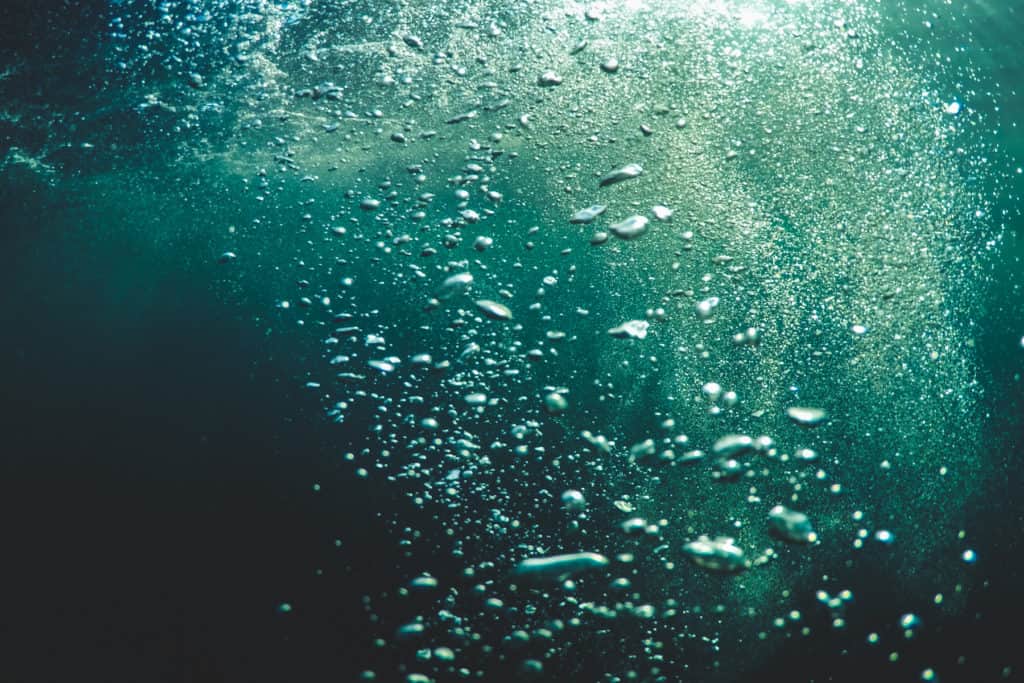A lot of things in life changed during the pandemic. We found ourselves making decisions and dealing with situations that we never imagined would happen. It pushed almost all of us out of our comfort zones and made many people reevaluate what they wanted in life.
It’s also making people reevaluate what they want in death. The funeral industry today is nothing like it was just a few short years ago. One of the biggest changes that seems to be a trend moving forward is the use of water cremation, which is on the rise.
More Water Cremations Across the World
The COVID-19 pandemic didn’t just dramatically increase the activity at funeral homes. It completely changed the processes that were used from transporting a body to the funeral home to making arrangements with clients virtually to wearing PPE at all times.
Everything had to be done differently, and that has made people reexamine funeral services at every level. People want more personalized memorial services. They are more price conscious. They are aware of the carbon footprint some funeral services leave behind.
After the shakeup of the pandemic, more people are now open to options beyond the conventional burial or traditional cremation. Alkaline hydrolysis, better known as water cremation or aquamation, is one such option that is becoming more common.
The Business Research Company’s latest report on the funeral industry and COVID’s impact notes that alkaline hydrolysis has increased since the start of the pandemic. The report included death care services from around the globe, and highlighted expanded use of water cremation in the U.S.
The focus on using water cremation is happening for a few reasons, primary among them being the eco-friendliness of the process.
Traditional cremations are estimated to generate 534.6 pounds of carbon dioxide, and traditional burials generate even more. Aquamation requires 90% less energy than traditional cremation, doesn’t release airborne toxins, doesn’t require embalming fluid and results in a non-toxic solution that’s completely safe to put down the drain.
More States Moving to Approve Alkaline Hydrolysis
Before the pandemic 20 states had approved the use of alkaline hydrolysis. Recently, another state was added to the list, and a number of other states have legislation in the works that would legalize the practice.
In Oregon a bill just passed that makes alkaline hydrolysis legal. The laws will go into effect on January 2, 2022. A bill in Massachusetts would make water cremation and natural organic reduction legal if it passes in the coming months. Despite some opposition in the past, legislators are optimistic the bill is going to pass because it gives Massachusetts residents more options and offers options that are healthier for the environment.
The legislation and stance of the legislators points to larger trends that are transforming the funeral industry. Chief among them is consumer demand for personalization and choice. Families don’t want to be limited to traditional burial and cremation. They want more options, particularly options that are good for the environment and reasonably affordable.
Given the consumer demand, we’re all but guaranteed to see more states allow the use of alkaline hydrolysis giving more people better control over their death care services.
If you’d like to know more about the water cremation process and how it compares to other death care services, please contact our team any time of day.





